The United Kingdom's departure from the European Union continues to ripple through various sectors, with food safety standards emerging as a new battleground. Recent warnings from EU authorities about potential illegal additives in British food products have reignited debates about regulatory divergence post-Brexit.
EU Raises Concerns Over UK Food Imports
European food safety authorities have issued alerts regarding several food products imported from the UK that allegedly contain additives prohibited under EU regulations. These warnings suggest that Britain's food standards may be slipping following its exit from the bloc's regulatory framework. The notifications, published through the EU's Rapid Alert System for Food and Feed (RASFF), highlight growing concerns about the UK's independent food safety regime.
The alerts specifically mention certain colorings, preservatives, and processing aids that remain legal in Britain but violate EU food additive regulations. This regulatory gap has created confusion among food producers and exporters, with some British companies reportedly struggling to maintain separate production lines for domestic and EU-bound products.
Historical Context of UK-EU Food Standards
Prior to Brexit, the UK operated under the EU's comprehensive food safety system, which included strict regulations on additives, labeling requirements, and production standards. The system was widely regarded as one of the most stringent in the world, with the European Food Safety Authority (EFSA) conducting rigorous scientific assessments of all food additives.
Since leaving the EU, Britain has maintained most of these standards through retained EU law but has begun reviewing certain regulations as part of its post-Brexit regulatory freedom. The UK government has established the Office for Food Standards and the Food Standards Agency to oversee domestic food safety, but critics argue these bodies lack the resources and expertise of their EU counterparts.
Industry Reactions and Practical Challenges
British food manufacturers have expressed frustration over the emerging differences in standards. "We're caught between two systems now," said a spokesperson for a major UK food producer who requested anonymity. "Some ingredients we've used safely for years in the EU market are suddenly being flagged as problematic, while other additives previously banned are now being reconsidered for use in the UK."
The practical challenges extend beyond additives. Differences in maximum residue levels for pesticides, labeling requirements, and even definitions of what constitutes "organic" are beginning to emerge. These divergences create additional costs for companies wishing to export to both UK and EU markets, potentially making some British products less competitive in Europe.
Political Dimensions of the Dispute
The food standards debate has taken on political dimensions, with some viewing the EU's warnings as protectionist measures disguised as safety concerns. Pro-Brexit politicians have accused Brussels of using food safety as another tool to punish Britain for leaving the bloc. "This is economic warfare by other means," claimed one prominent Brexit supporter in Parliament.
Conversely, EU officials maintain they are simply enforcing long-standing regulations that the UK helped create while it was a member state. "Food safety isn't negotiable," stated an EU Commission spokesperson. "The rules apply equally to all third countries, including the UK."
Potential Health Implications
Public health experts are divided on the actual risks posed by the UK's evolving food standards. Some warn that allowing previously banned additives could have long-term health consequences, particularly for children and vulnerable populations. "Many of these additives were restricted for good reason," noted a nutrition scientist at a London university. "Weakening those protections risks repeating mistakes of the past."
Others argue that the EU's precautionary principle sometimes goes too far, banning substances that other advanced economies deem safe. They point to additives approved by US and Canadian authorities but prohibited in the EU as examples of potential over-regulation. "Not every divergence from EU standards represents a lowering of protections," countered a UK government food policy advisor.
Consumer Awareness and Choice
The situation has left many consumers confused about what's in their food. While EU consumers benefit from clear labeling requirements that highlight certain additives, UK shoppers may soon find products containing ingredients long absent from European shelves. Consumer advocacy groups are calling for greater transparency so shoppers can make informed choices.
"People have a right to know if the standards governing their food are changing," said the director of a UK food policy nonprofit. "Whether these changes are positive or negative is a matter of debate, but the debate can't happen without proper information."
Trade Consequences and Economic Impact
The food standards issue threatens to further complicate UK-EU trade relations at a time when economic pressures are mounting on both sides of the Channel. Some European importers have begun seeking alternative suppliers to avoid potential regulatory headaches, while British exporters face new barriers to their largest food and drink market.
The agricultural sector is particularly vulnerable. UK farmers who previously exported freely to Europe now worry about being locked out if their products no longer meet EU standards. "We built our business around EU regulations," said a dairy farmer in southwest England. "Now we're being told we might need to change our entire production process or lose access to our most important market."
Future Regulatory Directions
Looking ahead, the UK faces difficult choices about how far to diverge from EU food standards. While some government ministers advocate for regulatory independence as a Brexit benefit, others caution against moves that could damage trade or public health. The coming months will likely see intense lobbying from industry groups, consumer advocates, and public health experts as Britain charts its own course.
One potential middle path would involve maintaining alignment on core safety standards while allowing flexibility in less critical areas. However, even this approach could face challenges, as the EU has shown little appetite for sector-specific agreements that might undermine its single market rules.
International Implications Beyond Europe
The UK's food standards decisions could also affect its ambitions for trade deals outside Europe. Countries like the United States have long viewed EU food regulations as barriers to their agricultural exports. If Britain significantly weakens its standards, it may find it easier to strike deals with major food exporters but harder to maintain exports to quality-conscious markets.
This global dimension adds another layer of complexity to what initially seemed like a straightforward regulatory decision. As one trade analyst put it: "Every change to food standards is now a potential trade-off between different markets and competing economic interests."
Conclusion: An Evolving Situation
The debate over UK food standards post-Brexit is far from settled. What begins as technical discussions about food additives could ultimately shape the country's public health landscape, economic relationships, and even its national identity as a food-producing nation. As both sides dig in their positions, consumers and businesses alike are left navigating an increasingly complex and uncertain regulatory environment.
One thing appears certain: the full consequences of regulatory divergence will take years to fully manifest, leaving scientists, policymakers, and the public to grapple with difficult questions about risk, sovereignty, and the true meaning of food safety in a post-Brexit world.
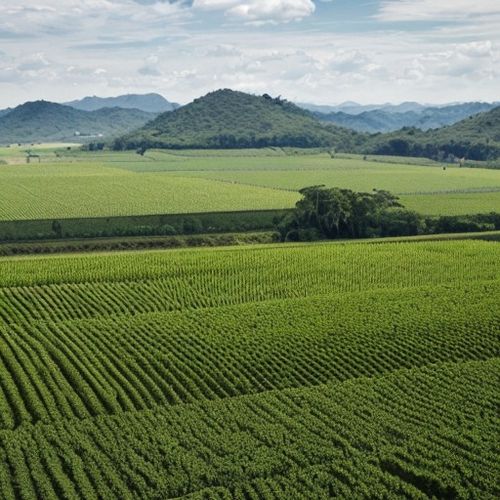
By Jessica Lee/Apr 9, 2025

By Eric Ward/Apr 9, 2025
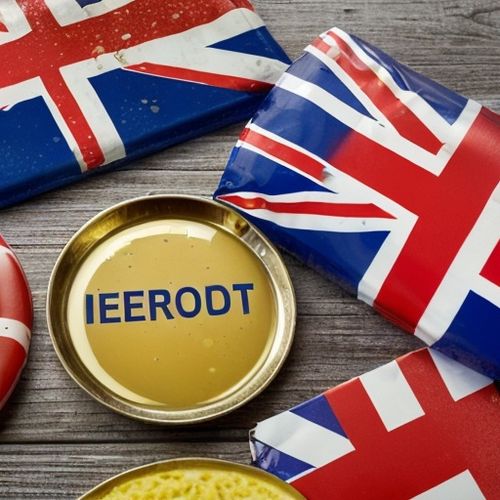
By Grace Cox/Apr 9, 2025
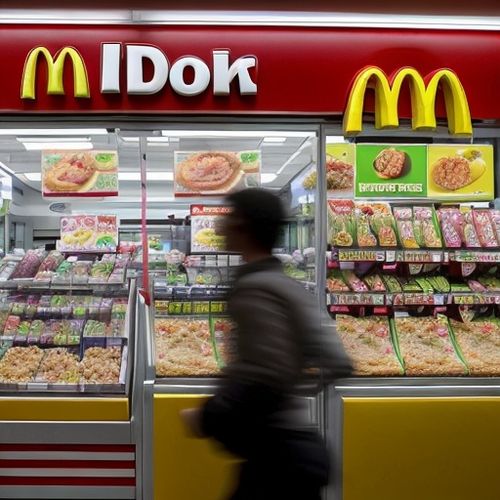
By Joshua Howard/Apr 9, 2025
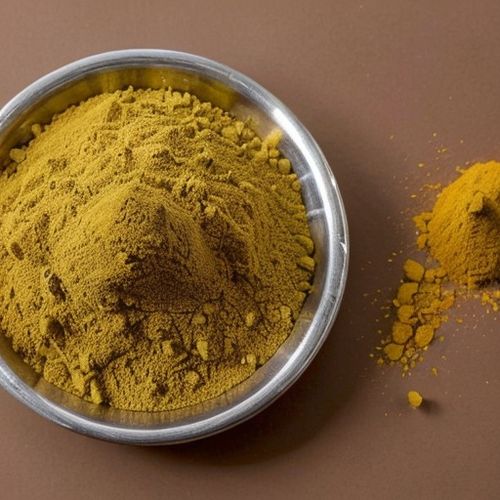
By Noah Bell/Apr 9, 2025
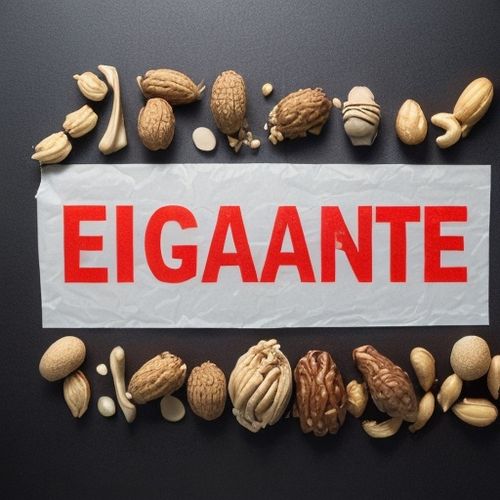
By Natalie Campbell/Apr 9, 2025
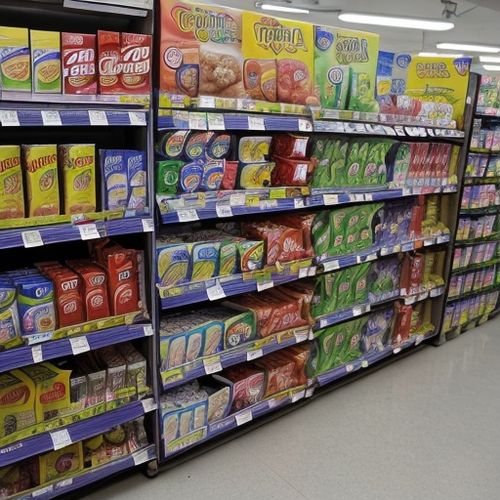
By Grace Cox/Apr 9, 2025

By Emma Thompson/Apr 9, 2025

By James Moore/Apr 9, 2025
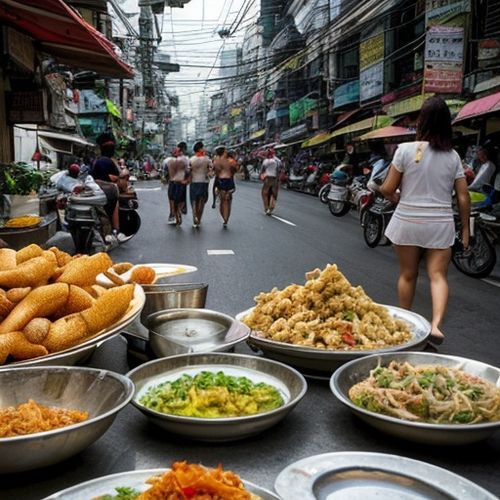
By Daniel Scott/Apr 9, 2025

By Victoria Gonzalez/Apr 9, 2025
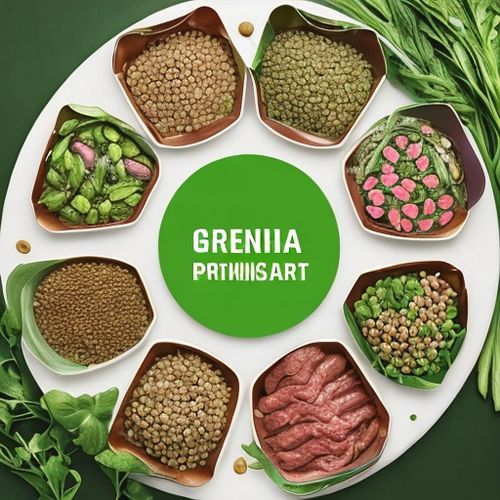
By Noah Bell/Apr 9, 2025

By Ryan Martin/Apr 9, 2025

By Emma Thompson/Apr 9, 2025

By Emma Thompson/Apr 9, 2025
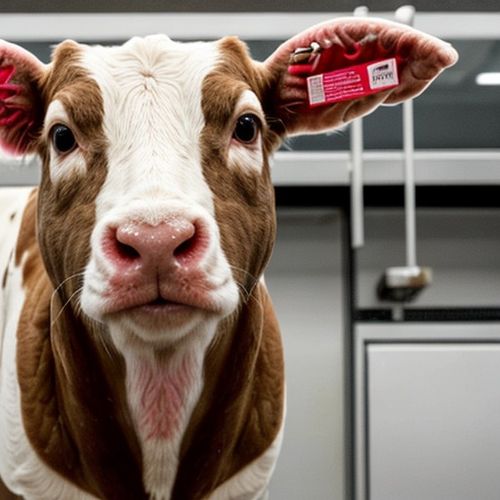
By Daniel Scott/Apr 9, 2025
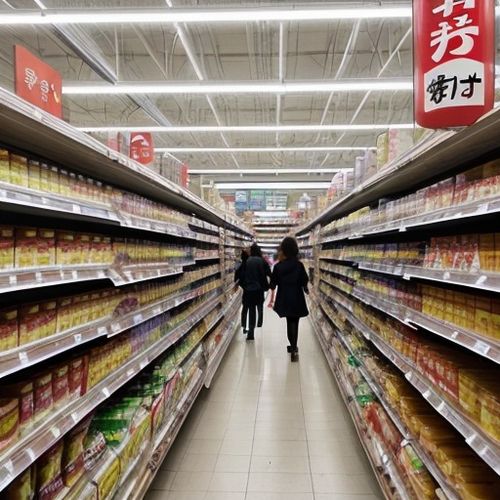
By Christopher Harris/Apr 9, 2025
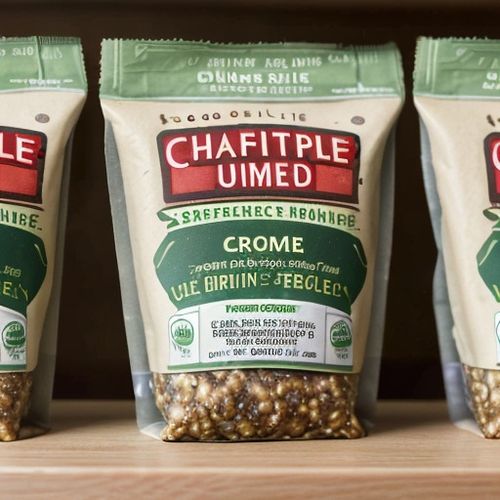
By Joshua Howard/Apr 9, 2025